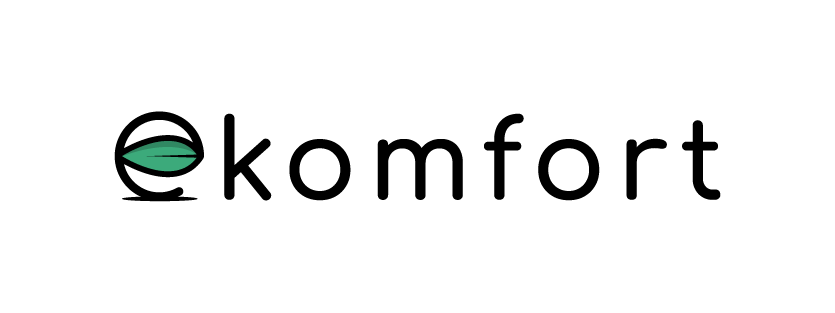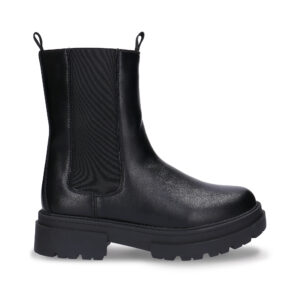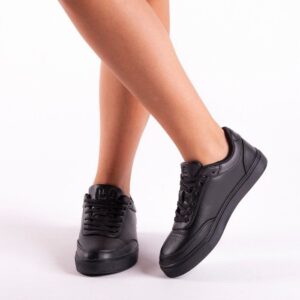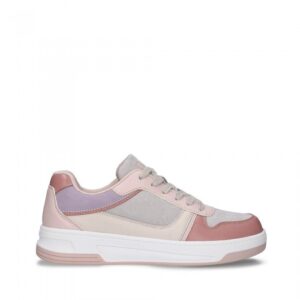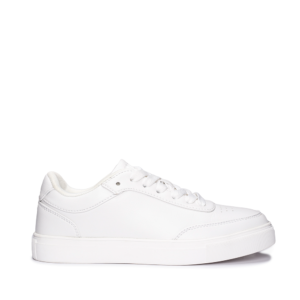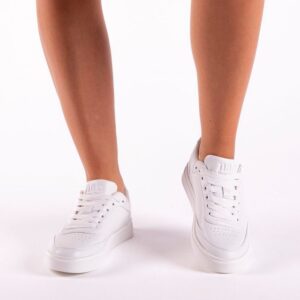
Eco-responsible
Protecting our planet in style
Ethics
You’re contributing to a fairer, more equitable world.
vegan-friendly
You’re doing something for your favorite animal.
Design
You showcase your sense of style
Ekomfort: ethical fashion without sacrificing style
Tired of having to choose between style and ethics? Between fast-moving trends and growing pollution? Ce dilemme n’a que trop duré.
Conventional fashion is based on exploitation: overexploited natural resources, trampled workers’ rights, mistreated animals. But there is an alternative that transcends this false choice.
At Ekomfort, we believe that elegance and ethics go hand in hand. Join us in discovering the power of responsible consumption. Meet a fashion that puts care before cash. Style at the service of sustainability.
Ethical elegance at your fingertips every day!
With Ekomfort, combine style and conviction with our elegant vegan shoes, trendy ethical clothing and eco-responsible accessories.
Explore Ekomfort – choose sustainable fashion for a stylish, conscious future.
Unsere Besten Stiefel
Our best sneakers
our best ecological accessories
Testimonials from satisfied customers
Find out what our customers say about us:
Free delivery for orders over 75 EUR
Money back guarantee
Reactive customer service
24/7
Up to 100 days for returns and exchanges
Sign up for our newsletter and receive a free gift:
Free delivery
10% discount
on your first order
By clicking the button above, I agree that Ekomfort may use my email address to send me emails regarding products, original stories, awareness, in accordance with our Privacy Policy
